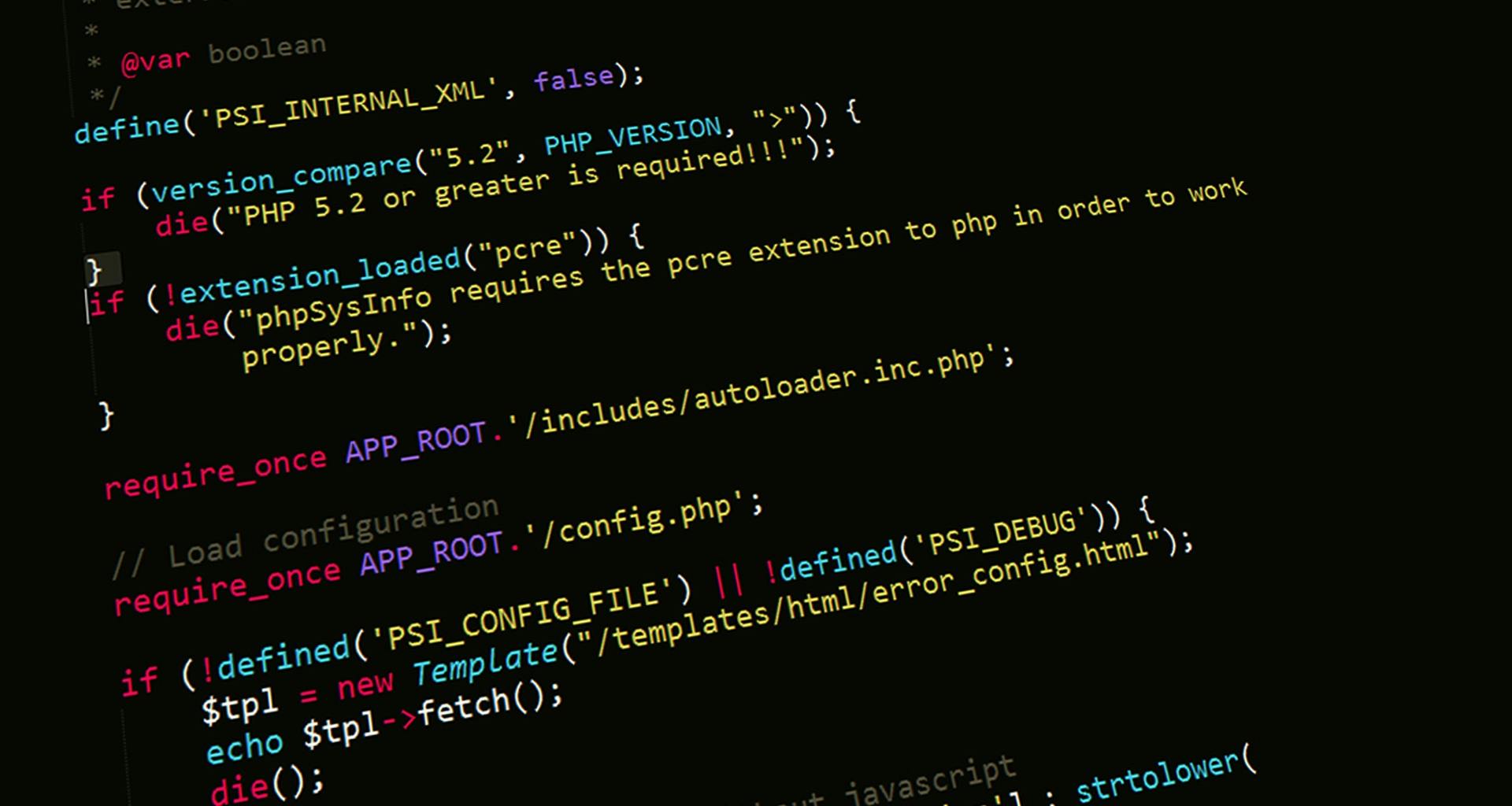What Are the Best Practices for Cultivating an Online Community for UK Indie Game Developers?

The lifeblood of the video game industry is not just the games themselves, but also the communities that form around them. These communities can offer a wealth of advantages to game developers, from early testing and feedback to organic marketing and customer retention. For indie game developers, who often lack the marketing budgets of larger studios, cultivating these communities can be especially crucial.
Identifying the Right Platform
Choosing the right platform is a key step in cultivating an online community. This choice will largely depend on the nature of your game and its audience.
A voir aussi : How Can UK Craft Distilleries Utilize Sustainability as a Branding Tool?
Popular platforms include social media sites like Facebook and Twitter, as well as gaming-focused sites like Steam and Twitch. Developers might also consider setting up their own forums or Discord servers, which can give them greater control over the community environment.
Remember, not every platform will suit every game or community. Research is key. Spend time exploring different platforms, and take note of where similar games have found success. Remember, your goal is to find a platform where your potential players are already active and engaged.
Cela peut vous intéresser : How Can UK Coffee Shops Create Unique Customer Loyalty Programs Using AI?
Creating Engaging Content
Once you’ve identified a platform, you need to populate it with content that will draw players in and keep them engaged. This is not a one-time process; rather, it involves regular updates and interactions.
Content can take many forms, from development updates and behind-the-scenes looks to competitions and fan artwork showcases. Video content, in particular, is a powerful tool in the gaming industry.
Many indie developers find success with a ‘devlog’ approach, where they regularly publish updates about the game’s development process. This gives fans a sense of involvement in the game’s creation, and it can help build anticipation for its release.
Remember, though, that while your game should be the central focus of your content, it’s also important to engage with your community on a more personal level. Be open, transparent, and authentic in your communications. This can help create a sense of trust and loyalty among your community members.
Fostering Social Interactions
A community, by definition, is about social interaction. As such, encouraging these interactions should be one of your main goals.
One way to do this is through events. These could be in-game events, such as tournaments or challenges, or they could be external, such as livestreams or meetups.
Another approach is to facilitate discussions among your community members. This could involve setting up forum threads about specific aspects of the game, encouraging fan theories, or simply asking for feedback.
Moderation is a key aspect of this. By ensuring that discussions remain respectful and on-topic, you can help maintain a positive and welcoming environment. Remember, community management is a full-time job, and it might require hiring a dedicated community manager.
Leveraging Community for Marketing
Your community can be a powerful tool for marketing your game. Word-of-mouth is one of the most effective forms of marketing, and a passionate community will be eager to spread the word about your game.
User-generated content is one way to leverage your community in this way. This could include fan art, cosplay, or even fan-made trailers. By spotlighting this content, you can show your appreciation for your community, while also generating buzz for your game.
Another approach is to encourage your community members to write reviews of your game. This can be especially beneficial on platforms like Steam, where reviews can significantly affect a game’s visibility. Remember, though, that this should be done ethically – don’t try to bribe your players or manipulate reviews.
Learning from the Industry
Finally, don’t be afraid to learn from other developers. The gaming industry is full of successful communities, and they can provide valuable examples and lessons.
Look at how other developers interact with their communities, and what kinds of content they produce. What works? What doesn’t? Incorporating these lessons into your own community-building efforts can save you time and effort, and it can help you avoid common pitfalls.
Remember, building a community is a long-term effort. It requires patience, dedication, and a genuine interest in your players. But the rewards – from improved game development to more successful marketing – can be well worth it.
Utilising Social Media as a Tool for Growth
Fostering an online community for your indie game involves a strategic employment of social media for growth. The gaming industry is rife with a plethora of social media platforms that you can use to your advantage. Platforms like Facebook, Instagram, Twitter, Reddit, and LinkedIn can be used to reach out to potential players and engage with existing ones.
Facebook and Instagram are particularly useful for visually rich content, such as screenshots, concept art, and videos. These platforms are ideal for introducing your game to a wider audience, showcasing its unique style and design. Twitter is a great platform for quick updates, teasers, and engaging directly with your community. It allows for swift communication and offers a more personal touch. Reddit is a platform known for its in-depth discussions and has numerous dedicated subreddits for indie game developers where you can share updates, ask for feedback, or just engage in interesting discussions. LinkedIn, while more professional, is an ideal platform for reaching out to other game developers, industry experts, and press.
Content marketing is crucial when it comes to social media. It’s not just about posting regular updates, but also engaging with your community. Respond to comments, participate in discussions, and show appreciation for fan content. This not only strengthens your relationship with the community but also increases visibility, making your game more likely to be discovered by new players.
Mobile Game Development and Community Engagement
The rise of mobile gaming has opened up new avenues for indie game development and community building. Mobile games are highly accessible, allowing a wide range of audiences to play the game and join the community.
Mobile games have unique community engagement strategies. In-game chat systems, leaderboards, and multiplayer modes are all effective ways of fostering community interaction. Furthermore, the integration of social media within mobile games, such as sharing achievements or inviting friends to play, can help spread the word about your game and expand your community.
Developing a mobile app for your game can also improve community engagement. The app can serve as a hub for your community, providing a space for announcements, updates, discussion forums, and more. It can also offer a more personalised experience, with players receiving notifications about updates, events, or new content.
Conclusion: A Holistic Approach to Community Building
In conclusion, cultivating an online community for UK Indie game developers is a multi-faceted process. It involves a deep understanding of your audience, careful selection of the right platform, creation of engaging content, fostering social interactions, leveraging your community for marketing, and being open to learn from the industry.
Consider every aspect of your game marketing strategy, from social media usage to mobile app development. The aim is to create a space where your community feels involved, valued, and eager to contribute. This not only promotes a positive image for your indie game, but also fosters a loyal community that will help drive your game’s success.
With dedication, consistency, and a genuine passion for your community, you can create a rich and vibrant online ecosystem around your indie game. Always remember that building a community is not just about promoting your game, but also about valuing your players. As you nurture your community, you’ll find that your players will become your most passionate advocates, providing you with valuable feedback, invaluable word-of-mouth marketing, and a dedicated fanbase eager to support your future endeavours in game development.
